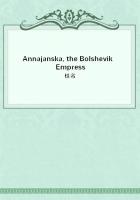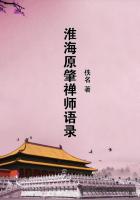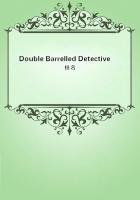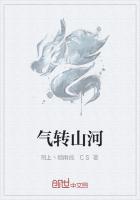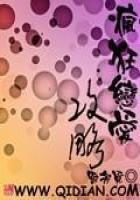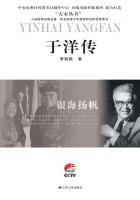Generally things which come to be, come to be in different ways: (1) by change of shape, as a statue; (2) by addition, as things which grow; (3) by taking away, as the Hermes from the stone; (4) by putting together, as a house; (5) by alteration, as things which 'turn' in respect of their material substance.
It is plain that these are all cases of coming to be from a substratum.
Thus, clearly, from what has been said, whatever comes to be is always complex. There is, on the one hand, (a) something which comes into existence, and again (b) something which becomes that-the latter (b) in two senses, either the subject or the opposite. By the 'opposite' I mean the 'unmusical', by the 'subject' 'man', and similarly I call the absence of shape or form or order the 'opposite', and the bronze or stone or gold the 'subject'.
Plainly then, if there are conditions and principles which constitute natural objects and from which they primarily are or have come to be-have come to be, I mean, what each is said to be in its essential nature, not what each is in respect of a concomitant attribute-plainly, I say, everything comes to be from both subject and form. For 'musical man' is composed (in a way) of 'man' and 'musical': you can analyse it into the definitions of its elements. It is clear then that what comes to be will come to be from these elements.
Now the subject is one numerically, though it is two in form. (For it is the man, the gold-the 'matter' generally-that is counted, for it is more of the nature of a 'this', and what comes to be does not come from it in virtue of a concomitant attribute; the privation, on the other hand, and the contrary are incidental in the process.) And the positive form is one-the order, the acquired art of music, or any similar predicate.
There is a sense, therefore, in which we must declare the principles to be two, and a sense in which they are three; a sense in which the contraries are the principles-say for example the musical and the unmusical, the hot and the cold, the tuned and the untuned-and a sense in which they are not, since it is impossible for the contraries to be acted on by each other. But this difficulty also is solved by the fact that the substratum is different from the contraries, for it is itself not a contrary. The principles therefore are, in a way, not more in number than the contraries, but as it were two, nor yet precisely two, since there is a difference of essential nature, but three. For 'to be man' is different from 'to be unmusical', and 'to be unformed' from 'to be bronze'.
We have now stated the number of the principles of natural objects which are subject to generation, and how the number is reached: and it is clear that there must be a substratum for the contraries, and that the contraries must be two. (Yet in another way of putting it this is not necessary, as one of the contraries will serve to effect the change by its successive absence and presence.)
The underlying nature is an object of scientific knowledge, by an analogy. For as the bronze is to the statue, the wood to the bed, or the matter and the formless before receiving form to any thing which has form, so is the underlying nature to substance, i.e. the 'this' or existent.
This then is one principle (though not one or existent in the same sense as the 'this'), and the definition was one as we agreed; then further there is its contrary, the privation. In what sense these are two, and in what sense more, has been stated above. Briefly, we explained first that only the contraries were principles, and later that a substratum was indispensable, and that the principles were three; our last statement has elucidated the difference between the contraries, the mutual relation of the principles, and the nature of the substratum. Whether the form or the substratum is the essential nature of a physical object is not yet clear. But that the principles are three, and in what sense, and the way in which each is a principle, is clear.
So much then for the question of the number and the nature of the principles.

